Imaginings
stories, creative nonfiction, poetry, and other imaginative accounts of the natural world
-
Food for an Abundant Future
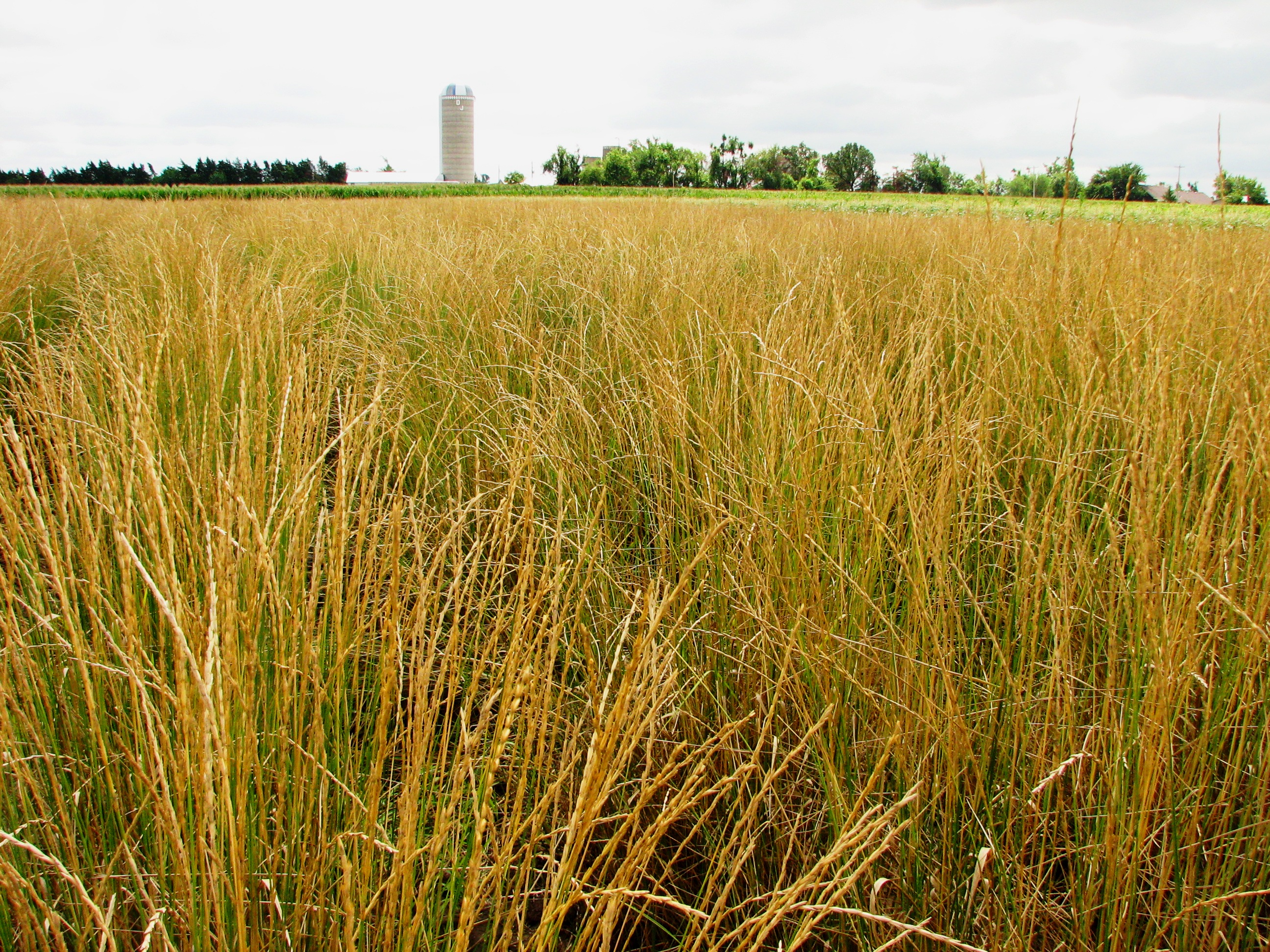
By Pollyanna Rhee: “The future of farming. The future of food.” The website for Kernza® displays little modesty about its ambitions. It’s not a surprise that the producer of a good meant for the consumer market would be hyperbolic in their promises, but others have found the claim enticing. “Could Superwheat Kernza Save Our Soil?”…
-
The Planetary as Embodied

By Misria Shaik Ali: Planetary health encompasses the interrelated health of human beings and natural systems. Planetary conceptualities, including that of planetary health, are presumed to require interventions at the scale of global systems as “the global” is frequently taken to proportionately represent the concomitant vastness of “the planetary.” In contrast, traces of planetary harm…
-
Who Is the Planetary Health Diet For?

By André Krebber and Nina Mackert: Food production is a central cause for global environmental degradation and change in ecosystems. In 2019 the EAT-Lancet Commission proposed a “Planetary Health Diet” that defined quantitative limits on food production to tackle this problem and advance both a healthy and ecologically sustainable food system. In this exploration, we…
-
On Moral Grounds? Carbon Futures for Lowland Peat
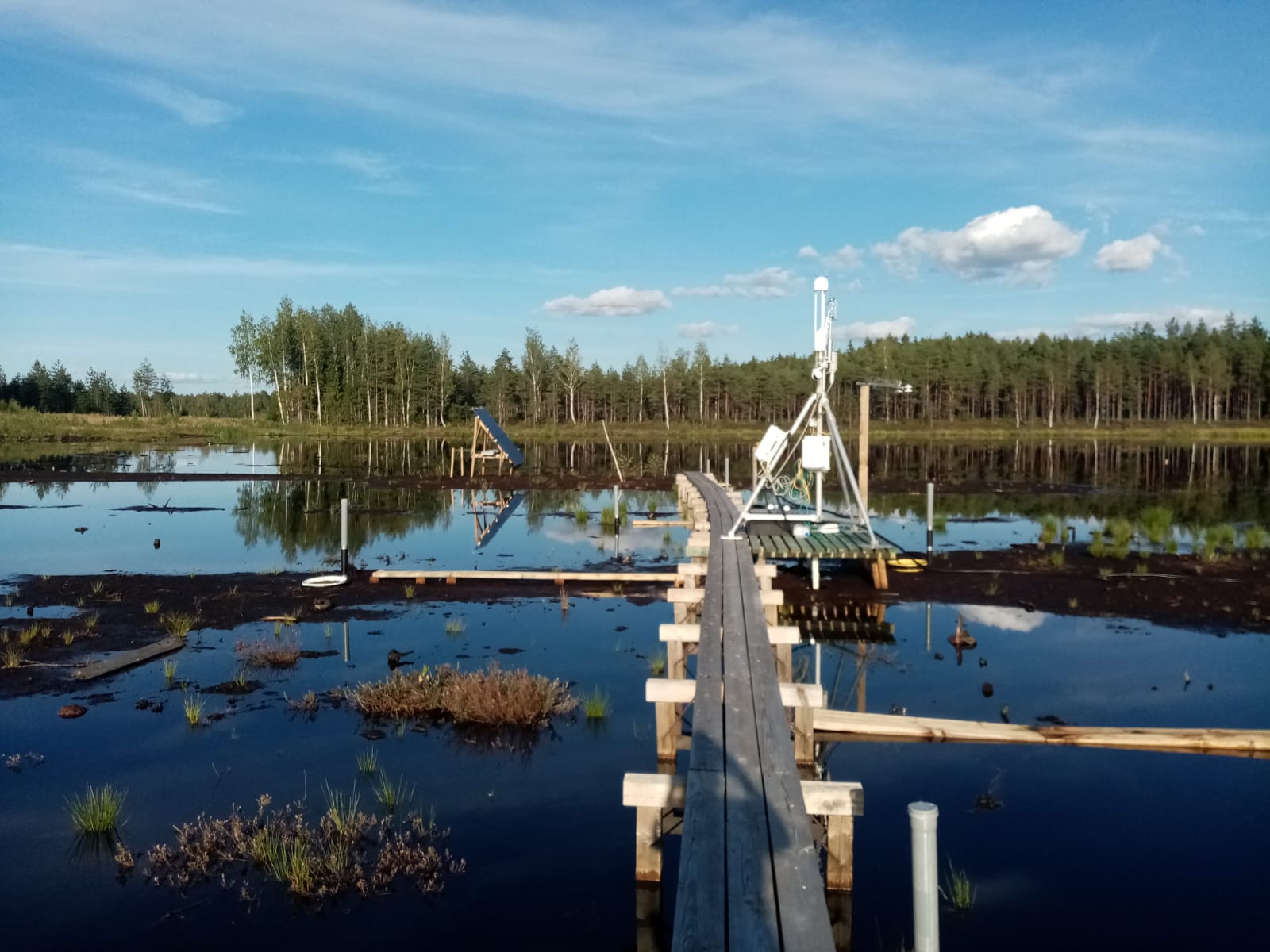
By Aneurin Merrill-Glover: Across Europe, peatlands have nurtured sophisticated and distinctive socio-ecological systems for thousands of years. The process of restoring these unique landscapes—or “peatscapes”—is one that is neither strictly ecological nor exclusively ordered as part of a top-down international response to global warming. On the contrary, peatland restoration as a form of climate-change mitigation…
-
Russian Environmental Politics: Reading Between the Lines—New Climate, New Strategy: Betting on the Revival of Mammoths over the End of Fossil Fuels
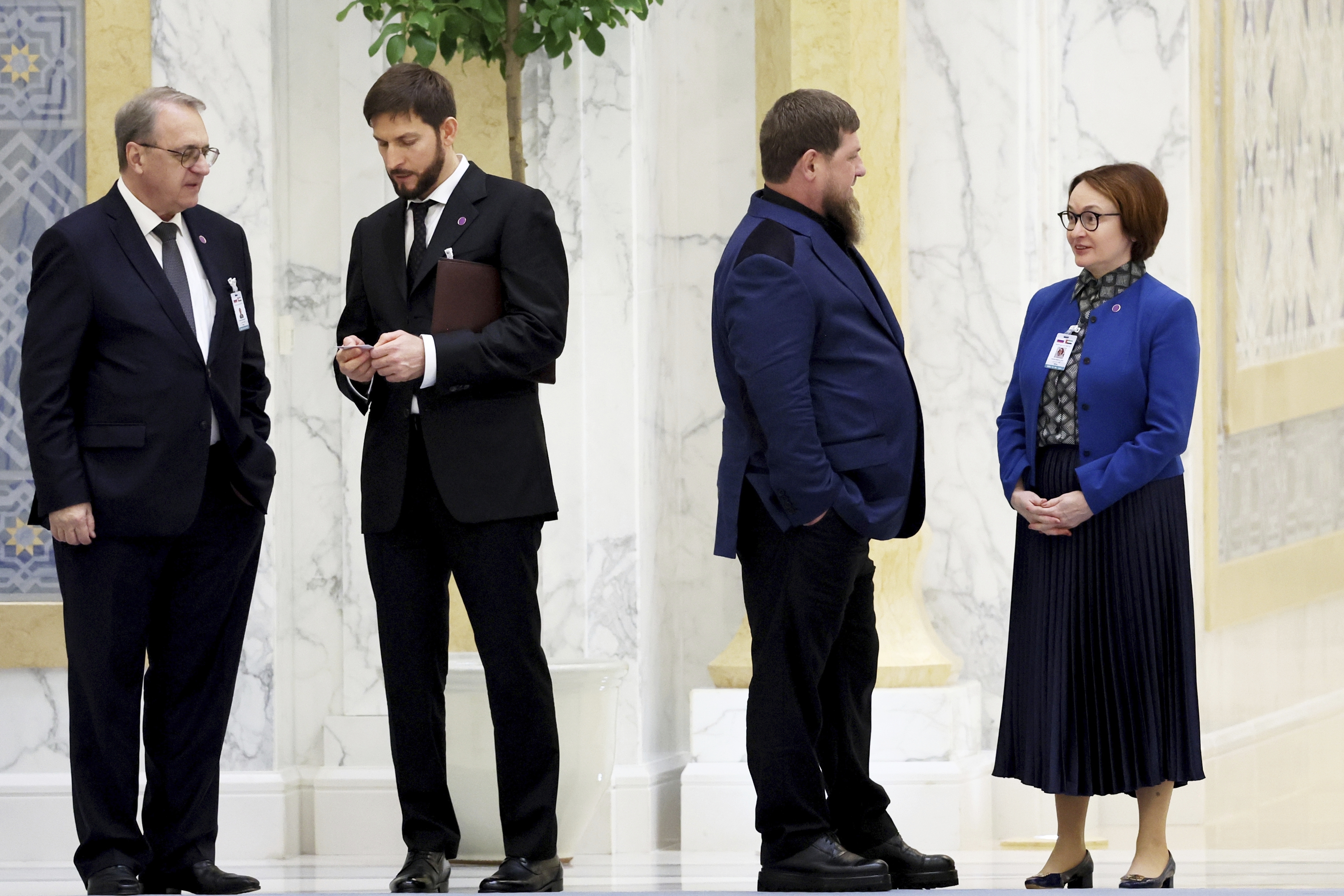
By Vita Lacis: On 26 October 2023, Vladimir Putin signed a revised version of the Climate Doctrine of the Russian Federation—a high-profile document that determines the climate policies of the state on all levels, from international to municipal. Although only an updated version of the previous climate doctrine, released in 2009, the Doctrine illuminates the…
-
Russian Environmental Politics: Reading Between the Lines—Wartime Ecology: Guns Before Forests
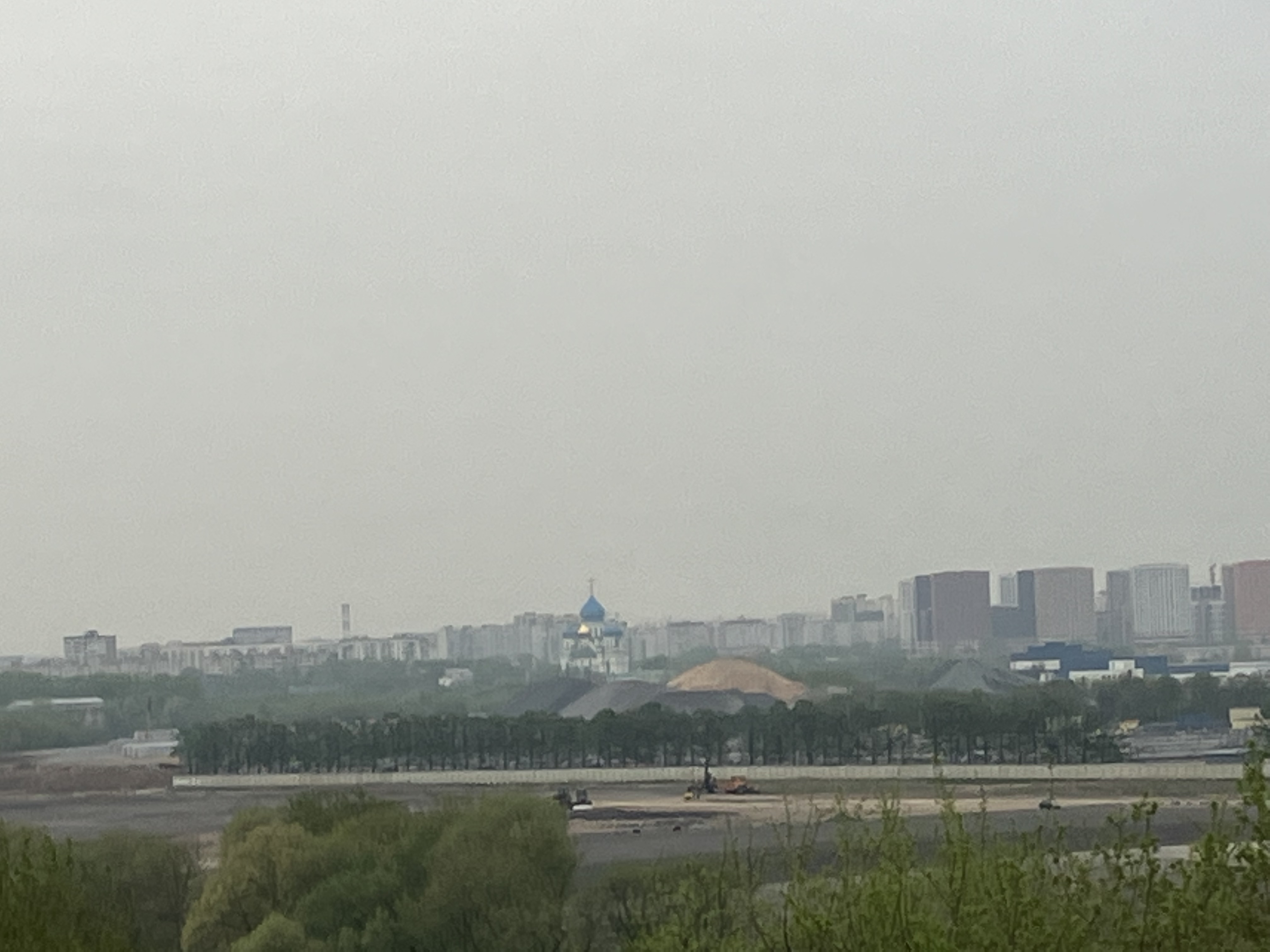
By Vita Lacis: Russian governmental measures at the outset of their invasion of Ukraine loosened numerous environmental regulations to prop up Russian industry and business enterprises. Two years into the war the economy still seems to be going strong. But what are the costs to the environment?
-
Russian Environmental Politics: Reading Between the Lines—The Wounds of War, and What We Must Know
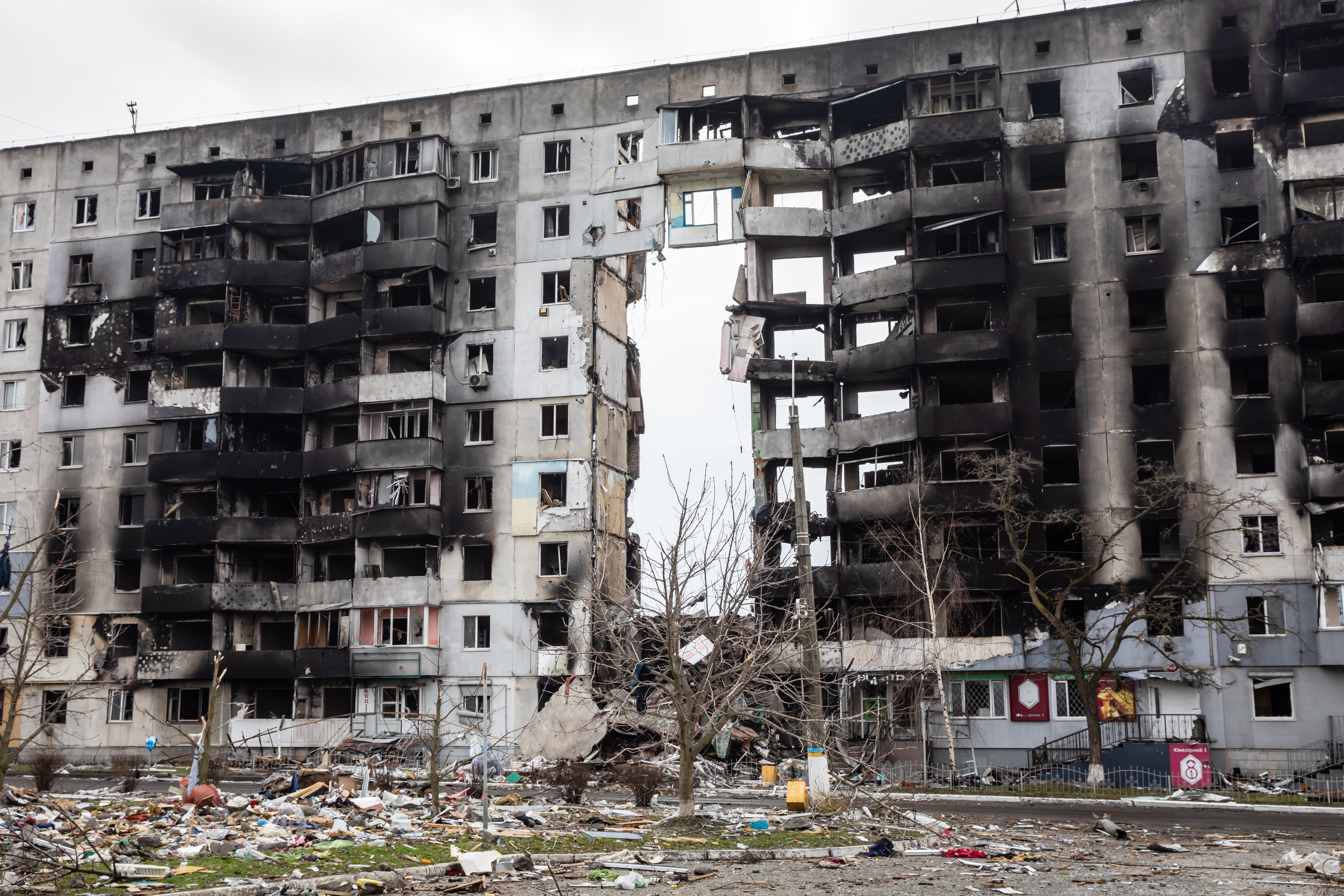
By Vita Lacis: On the morning of 24 February 2022, I woke up to pictures and videos of Russian tanks rolling into Ukrainian cities and Russian planes dropping bombs on Ukrainian residential areas, which look so painfully familiar to anyone who spent most of their life in an identical khrushchevka somewhere in the Murmansk region, Khabarovsk, or…
-
Studying Scientists in Their Natural Habitat
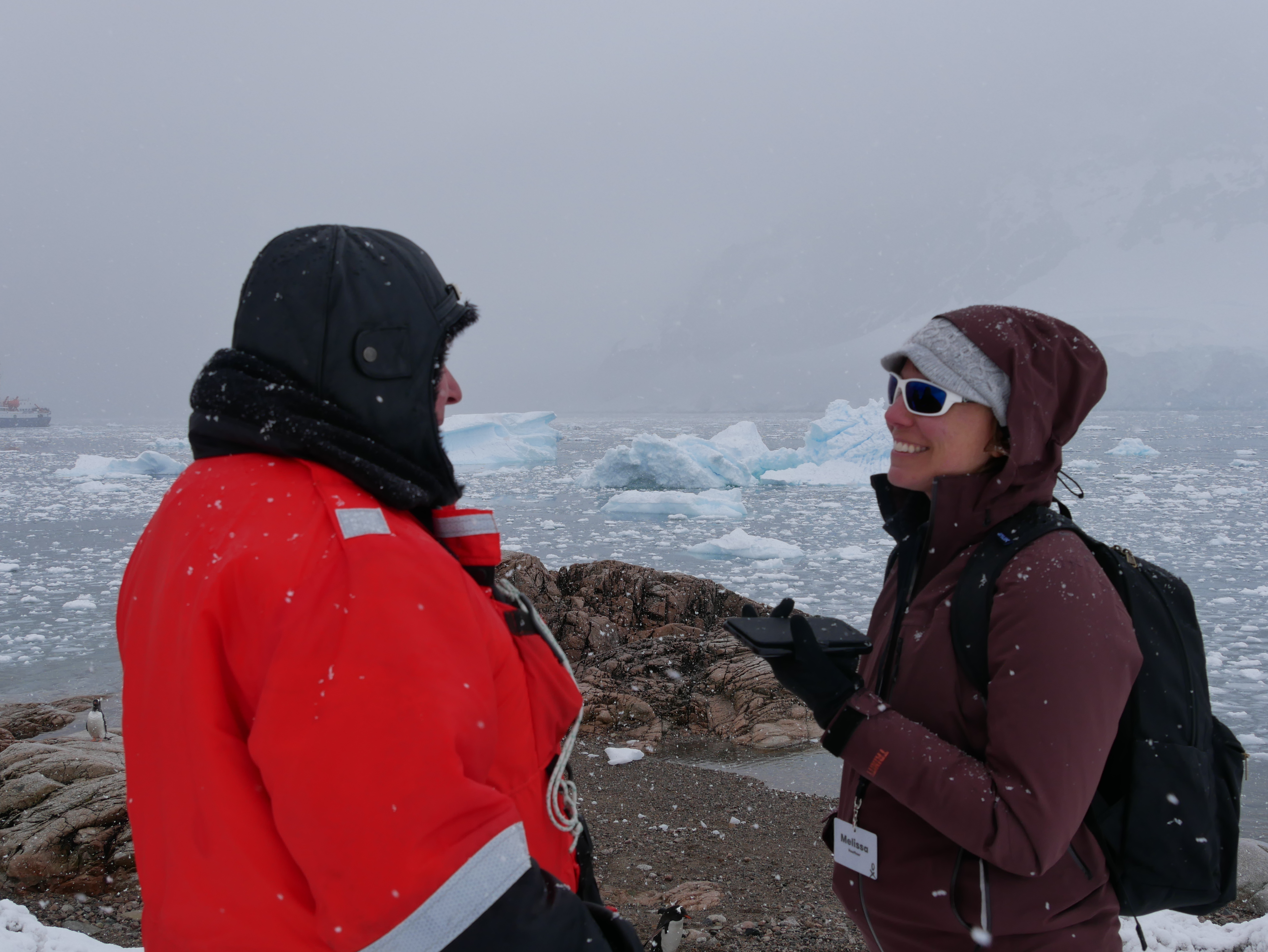
By Melissa Haeffner: Growing up in a small suburb in the United States, my dream was to move to the big city, to agilely navigate through shoulder-to-shoulder masses of humanity and revel in the clashes between cultures. I didn’t pay attention to the “environment” or “nature,” and it was not a central part of my…
-
Not All Penguins Are Clean
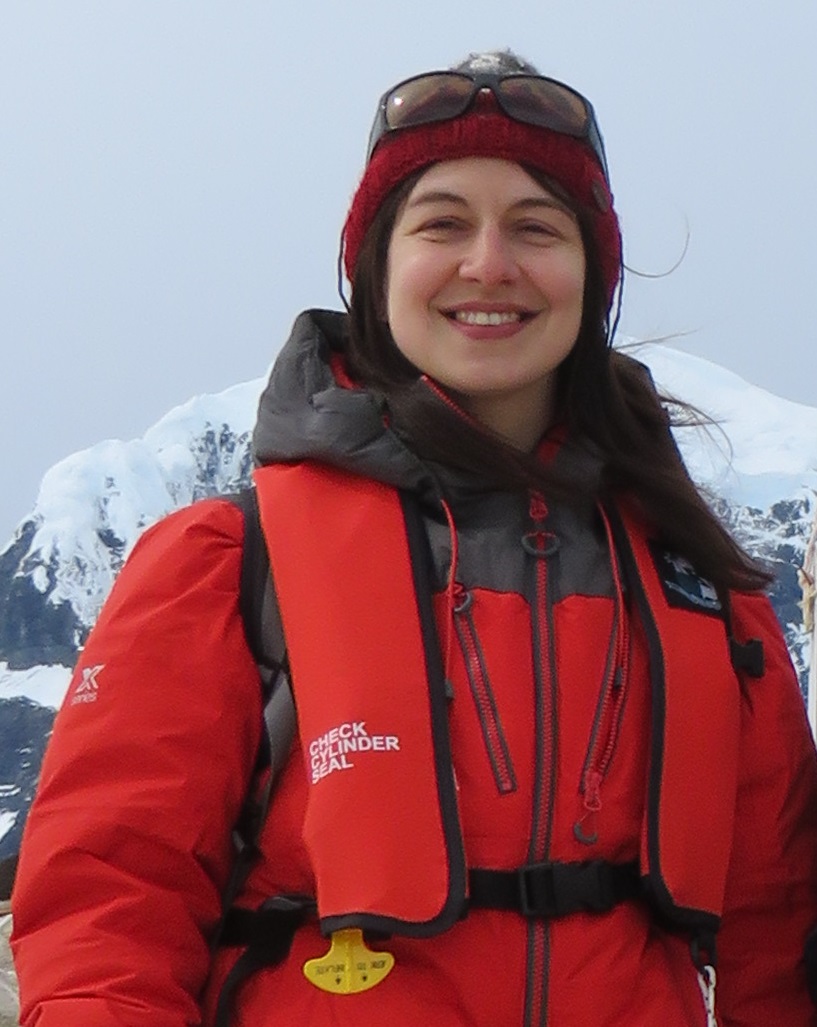
By Lindsay Stringer Geography always made sense to me. I’d learn about how a river meanders in a lecture, for example, and then I’d go outside, find a river, and see it for myself. There’s far less reliance on imagination in geography compared to other subjects where you learn about the small or the large…